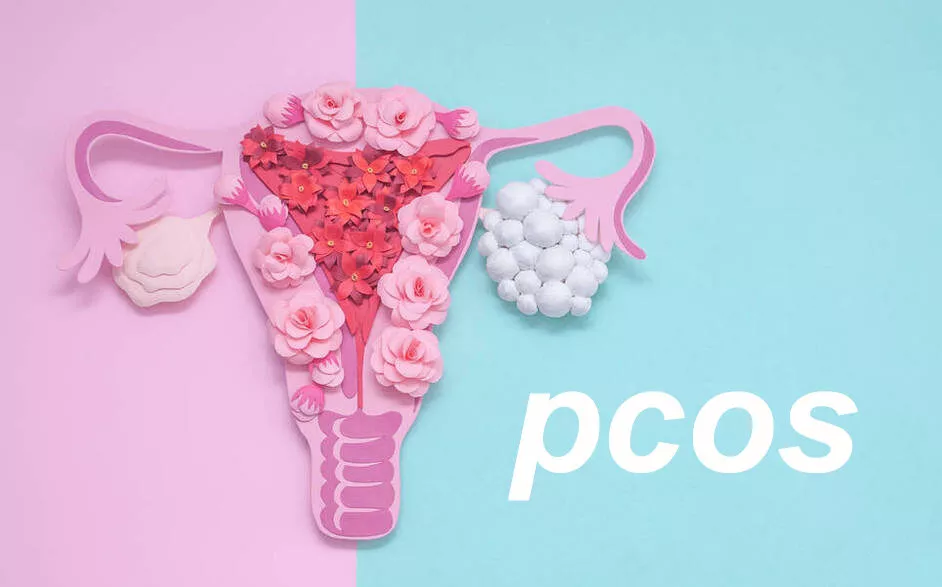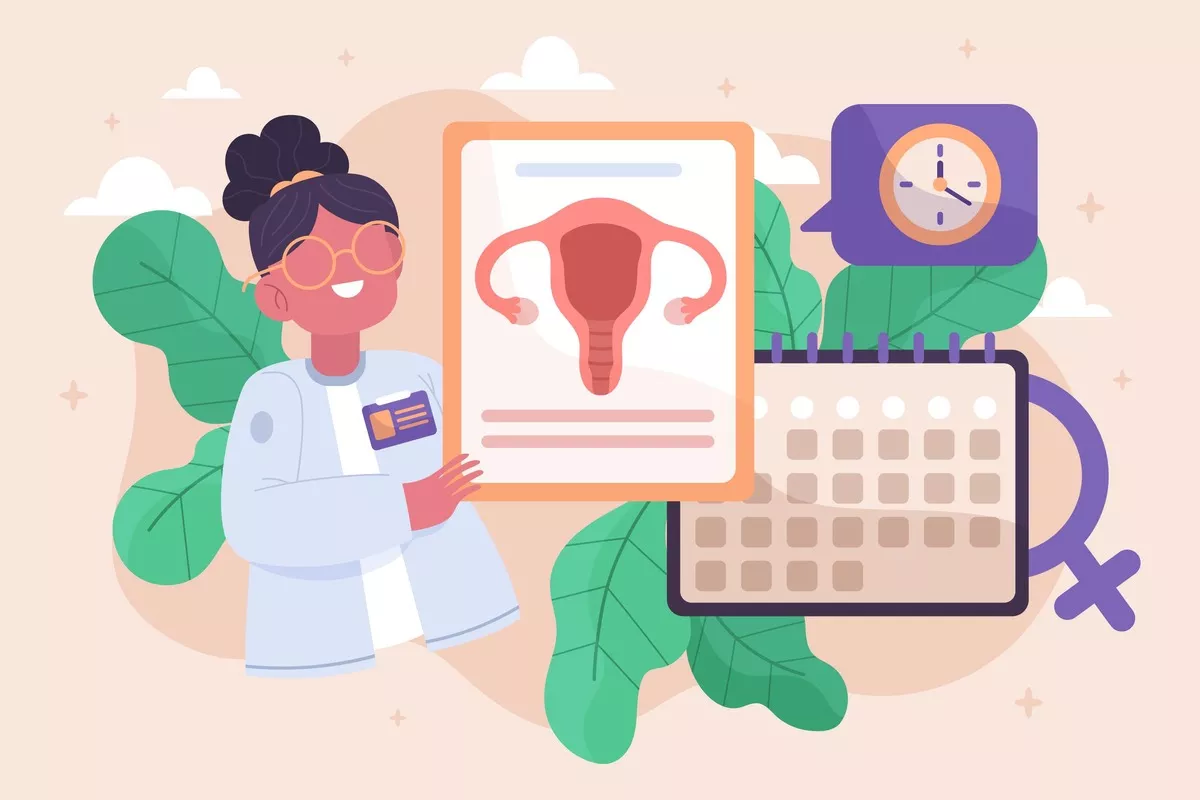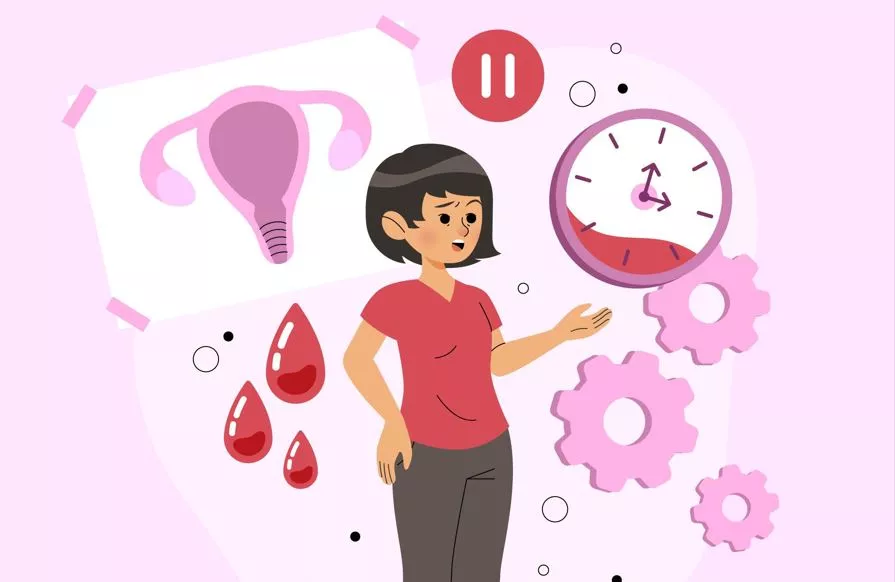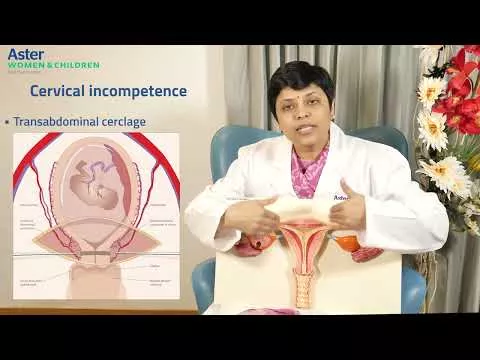PCOS or Polycystic Ovary Syndrome is a very prevalent hormonal disorder in women who are of reproductive age. It causes irregular menstruation, hormonal imbalances and in most instances, infertility. This usually poses a very crucial question to most women, i.e. can PCOS affect fertility?
The answer is yes! However, with proper guidance and early treatment, several women with PCOS proceed to deliver healthy babies. Knowing the effect that PCOS has on the body and what to do about it can go a long way in helping you deal with the symptoms and increase your chances of conceiving.
What is PCOS, and How Does it Work
PCOS is a disorder in which the ovaries make excess androgen or male hormones. The result is abnormal ovulation due to this hormonal imbalance. The ovary can grow small fluid-filled sacs known as cysts instead of releasing an egg during the menstrual cycle.
Periods may become irregular or cease altogether without regular ovulation. This, in the long run, affects the metabolism of the body, weight, skin, and most importantly, may induce fertility. There is no single cause of PCOS, but it tends to be familial and is associated with insulin resistance and lifestyle.
PCOS Effects That Influence Fertility
There are several PCOS effects that directly impact a woman's ability to get pregnant. These include:
- Irregular or absent ovulation
- Poor egg quality
- Hormonal imbalances that prevent embryo implantation
- Increased risk of miscarriage in early pregnancy
All of these factors can make it harder to conceive. But it is important to note that PCOS does not mean infertility in all cases. Many women with PCOS can and do become pregnant naturally or with medical support.
Can PCOS Affect Fertility in All Women
Not every woman with PCOS will face fertility issues. Some may experience mild symptoms and ovulate occasionally. Others may have more severe forms and need treatment to regulate their cycles. The severity of PCOS can vary greatly from person to person.
The key is to monitor your symptoms and speak with a specialist if you are trying to conceive and have irregular periods. Timely diagnosis can help reduce complications and improve the chances of natural ovulation.
Understanding PCOS Effect on Pregnancy
Even after conceiving, the PCOS effect on pregnancy can continue. Women with PCOS are more likely to face complications such as:
- Higher risk of gestational diabetes
- Elevated blood pressure during pregnancy
- Premature delivery
- Miscarriage in the first trimester
That is why it is important to work closely with a gynaecologist throughout your pregnancy. With proper prenatal care, these risks can be managed and reduced.
What You Can Do to Improve Fertility with PCOS
The good news is that many PCOS-related fertility issues can be improved with lifestyle changes and medical treatment. Here are some steps that may help:
- Maintain a healthy weight to regulate hormone levels
- Follow a balanced diet rich in fibre and low in refined sugars
- Exercise regularly to improve insulin sensitivity
- Track ovulation using apps or ovulation kits
- Reduce stress through yoga, mindfulness, or counselling
- Avoid smoking and limit alcohol
For some women, these changes alone are enough to restore ovulation. For others, medication may be needed to stimulate the ovaries and help release an egg.
Medical Treatment Options for PCOS and Infertility
If lifestyle changes are not enough, a gynaecologist may suggest fertility treatments. These could include:
- Oral medications like Clomiphene Citrate are used to induce ovulation
- Hormone therapy to balance oestrogen and progesterone levels
- Insulin-sensitising drugs like Metformin
- Injectable hormones if oral medications do not work
- Assisted reproductive techniques such as IUI or IVF
Each treatment plan is based on the individual’s medical history and fertility goals. Consulting a gynaecologist in India who specialises in PCOS and fertility can help you choose the right path forward.
When to Visit a Gynaecology Hospital
If you have been trying to conceive for more than six months without success, or if you have irregular periods, it is time to seek help. A trusted gynaecology hospital in India will offer complete support, including hormone testing, ultrasound scans, and access to fertility treatments.
Early intervention not only improves your chances of pregnancy but also helps manage long-term risks like diabetes, heart disease, and endometrial issues associated with untreated PCOS.
Talking to a Gynaecologist Can Make a Difference
Do not ignore the signs of PCOS. Irregular periods, acne, weight gain, or excess hair growth can all point to hormonal imbalances. A gynaecologist in India can guide you through diagnosis, offer treatment plans, and monitor your fertility journey closely.
It is also important to have open conversations about your goals. Whether you are planning a baby now or in the future, understanding your options today can help you prepare better.
Conclusion
So, can PCOS affect fertility? Yes, it can. But that does not mean motherhood is out of reach. By understanding PCOS effects and recognising the PCOS effect on pregnancy, you can take informed steps towards a healthy future.
With expert guidance from a reliable gynaecologist in India and ongoing care at a trusted gynaecology hospital in India, you can manage PCOS and improve your chances of conception. Early action and the right treatment plan are the keys to success.











